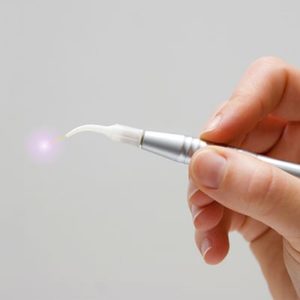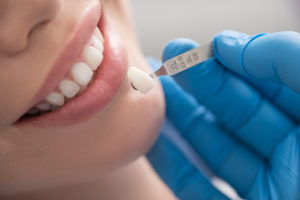Seattle dental patients do you suffer with canker sores?
Seattle dental patients do you suffer with canker sores or apthous ulcers? What are they? Why do they recur? What can you do to get rid of them? They can appear on or under your tongue, cheeks, internal lips, even on the uvula. They can range in size from 1mm to 1 cm. Sometimes they last a few days, sometimes they last a month. Sometimes one heals and then another can pops up elsewhere in your mouth. You might notice swollen lymph nodes on the side of the mouth that has the ulcers along with general malaise and loss of appetite. In general, they stink! In this blog, Dr. Paul Amato has done research and will present the treatment options; topical analgesic and anaesthetic agents, corticosteroids, antibiotics, multivitamins, cauterization, LASER ablation and a variety of combined therapies
Apthous ulcers, commonly referred to as canker sores, are the most common ulcerative lesions of the oral mucosa. As many as 5-66% of the population may be affected by these ulcerations. These are usually painful and are associated with redness, and occasional bleeding from the affected area(s). The aims of treatment are to reduce pain and healing time.
These lesions most commonly occur on the non keratinized mobile oral mucosal surfaces, tongue, cheek, floor of the mouth, inside the lips and gums.
 Low-level laser therapy (LLLT) is also known as ‘soft laser therapy’ or bio-stimulation. Since a laser provides better inflammatory responses with edema reduction, pain reduction and cellular biostimulation, laser therapy constitutes an alternative to processes that present pain and inflammatory reactions and that require tissue regeneration.
Low-level laser therapy (LLLT) is also known as ‘soft laser therapy’ or bio-stimulation. Since a laser provides better inflammatory responses with edema reduction, pain reduction and cellular biostimulation, laser therapy constitutes an alternative to processes that present pain and inflammatory reactions and that require tissue regeneration.
An alternative therapy is chemical cauterization which causes a “scab” reducing the pain and expediting the healing.
The only drugs that have been approved to treat oral aphthous ulcers are corticosteroids, topical antiseptic/anti-inflammatory agents such as triclosan and diclofenac, and local anesthetics such as lidocaine. Antiseptic agents and local anesthetics should be tried first; if these are ineffective, topical corticosteroids should be used. In severe cases, local measures can be combined with systemic drugs, e.g., colchicine, pentoxifylline, or prednisolone.
Mouth rinses can also assist with pain and healing. Magic mouthwash often has an analgesic effect which allows eating and proper hydration. Sometimes the pain is so severe with canker sores, that people will become dehydrated and sick.
Apthous ulcers have been linked to foods, acidic, chocolate, coffee, sun exposure, stress, poor sleep, vitamin deficiencies, auto-immune diseases or syndromes, chemo therapy, drug reactions, radiation therapy, and auto-immune responses. Hard, acidic, and salty foods and toothpastes containing sodium lauryl sulfate should be avoided, along with alcohol and carbonated drinks.
A variety of underlying disorders may predispose patients to develop oral aphthous ulcers; they include iron deficiency anemia, neutropenia, and folic acid or vitamin B12 deficiency, as well as a selective vitamin B12 resorption defect. Local mucosal injuries are also possible trigger factors. In addition, genetic factors may be important; the family history is positive in up to 40% of patients.
Ulcers with similar clinical features but rarely resolving spontaneously with age may be associated with systemic conditions such as Behçet syndrome, auto-inflammatory syndromes, gastrointestinal disease, or immune defects such as HIV/AIDS.
Talk to Drs. LeCuyer, Amato & Guerrero at your next dental visit if you have further questions.
